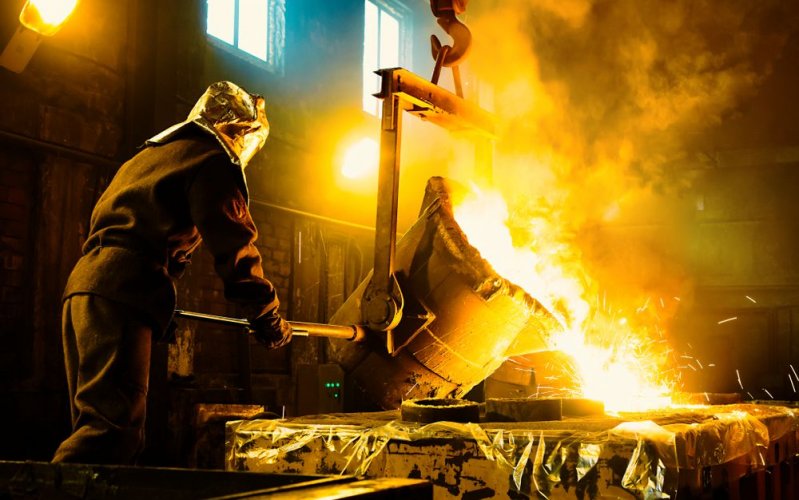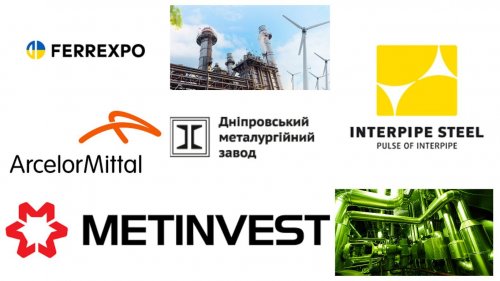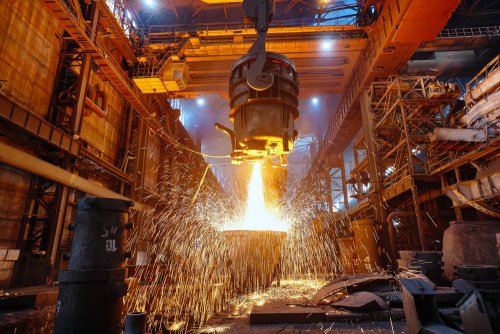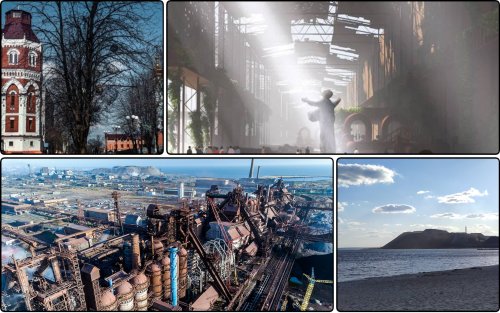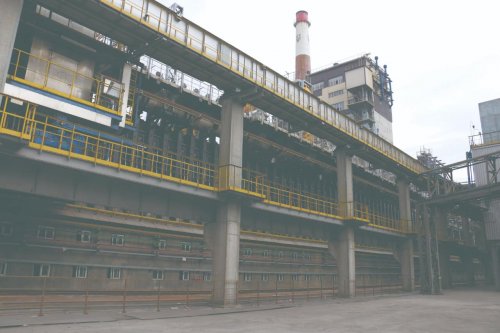Oleksandr Fleishanderl, head of the environmentally friendly steel department at Primetals Technologies, said that the complete abandonment of fossil fuels and maximum electrification is the first step for decarbonization of the metallurgical industry.
In an interview with GreenSteelWorld.com, he said that there is no one-size-fits-all solution for green steel production and that companies must combine the best possible solutions, including technologies for the transition to green hydrogen.
The report of the International Energy Agency showed that the world production of crude steel is dominated by traditional "dirty" methods. Achieving climate neutrality of the industry requires increasing the use of electricity from renewable sources and reducing dependence on coal, which accounts for about 75% of energy demand in the sector.
Fleischanderl emphasized that the term green steel covers the transition to:
- zero emissions;
- circularity;
- minimization of water consumption;
- energy efficiency;
- noise reduction.
According to him, while there is a shortage of green hydrogen, direct recovery of iron should be carried out on the basis of natural gas. In addition, carbon capture, utilization and storage (CCUS) technologies can be a game-changer, especially in Asia.
"By 2030, approximately 70% of the world's blast furnace fleet will require significant refurbishment. Western steelmakers are considering switching to DRI [direct reduction iron] and EAF [ electric arc furnace technology ]. But Asia, particularly India, has many new blast furnaces that will rely on coal for a long time. As a result, for new assets CCUS may be the best solution," said Fleischander.
He explained that, for example, LanzaTech's technology uses off-gases from steel plant blast furnaces or basic oxygen furnaces (BOFs) to produce ethanol. Such a substance can be used as a raw material for ecological aviation fuel, packaging, textiles, etc.
Another important part of decarbonization, according to Dr. Fleischanderl, is the use of scrap, especially high-quality scrap. In addition, decarbonisation will require close cooperation and partnership.
"An estimated $1.3 trillion investment is needed to transition the entire sector, and the public sector must do most of the heavy lifting. There is no other option," he said.
Earlier, EcoPolitic wrote, that the Boston Metal company received $20 million from the International Finance Corporation of the World Bank for the development of the final technology for the production of green steel using electrolysis without hydrogen.
As EcoPolitic previously reported, specialists of the EUROFER company developed a map of 60 key European steel projects with low carbon emissions, reflecting their emission reduction potential, financing and energy needs.

